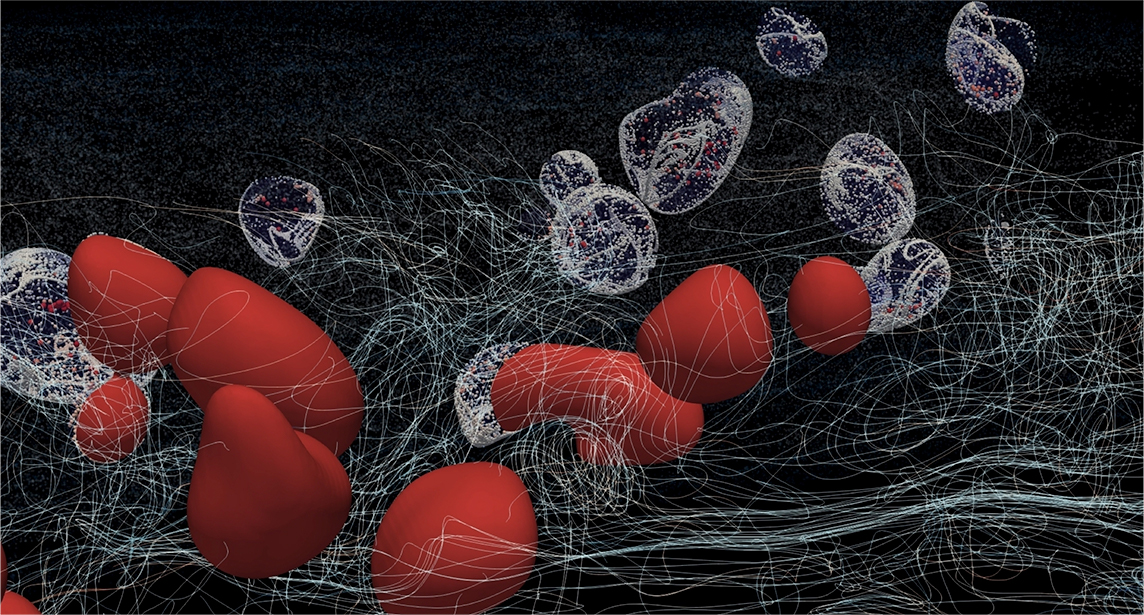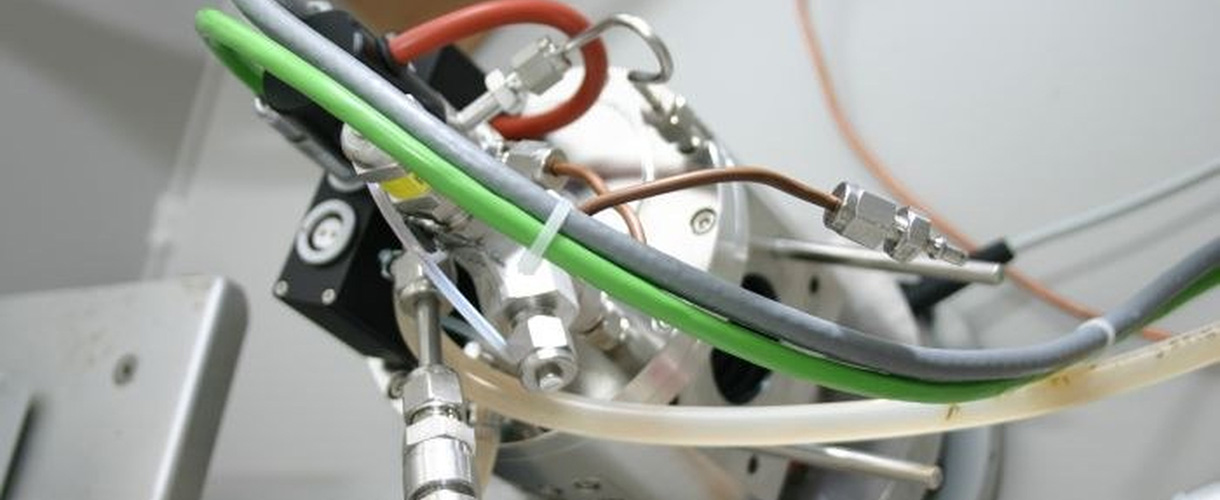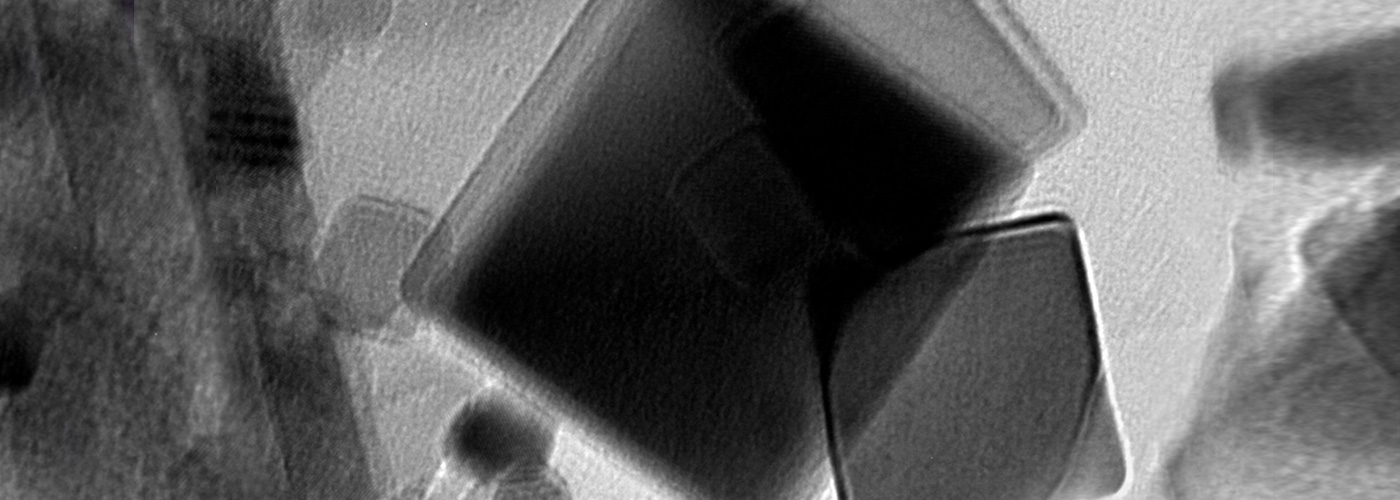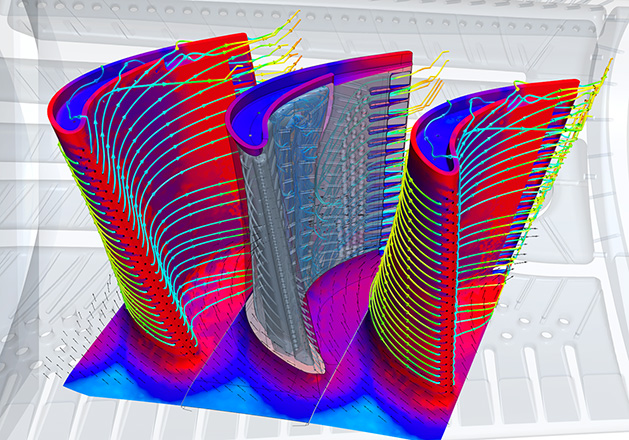Oxidation of materials under critical condition
Docente: Alex Lanzutti
Numero ore: 6
SSD: ING-IND/22
The high temperature energy production field usually require a process where the energy is transformed by means of processes that usually involve the thermodynamic evolution of chemical species that react, generating the thermal energy (For example combustion process). The thermal energy produced by chemical reactions is then exchanged with a technical fluid (For example water) that evolves in order to extract the necessary thermal energy that is transformed in mechanical energy and then electrical energy. The materials involved in these applications (mainly metal alloys or ceramics) are thus subjected to both mechanical stresses (static or dynamic) and chemical degradation (oxidation). This lesson is focused mainly on the chemical degradation linked to the materials used in high temperature applications. In this case the material can react with the environment leading to a gradual loss of surface properties that during the time could also affect the mechanical properties of material. The degradation process is both time and temperature dependent and is controlled by the diffusion. The produced oxide depends on both free energy of the species involved in the degradation (thermodynamic process), content of the species involved in the degradation, thickness of the produced oxide and physical mechanical properties of the oxide. The degradation phenomena explained in this lesson, that involve the reaction of base material to gaseus species, are: oxidation (the O is the main actor to cause degradation), nitriding (N is the main actor to cause degradation), carburizing (C is the main actor to cause degradation), sulfidization (S is the main actor to cause degradation) and steam attack. At high temperature it could be possible to have also degradation of solid aggressive species in contact to the structural components of the production energy plants. The degradation processes, where the aggressive component is solid, are: hot corrosion and chemical attack by ashes. The lesson aims to describe the degradation processes listed above in order to give to the student an indication on the possible technical shrewdnesses to inhibit the degradation process by means of both correct material selection or use of surface treatments.
Metodi didattici: lezioni frontali
Modalita’ di verifica dell’apprendimento: relazione finale scritta
Altre informazioni: corso erogabile in lingua inglese se necessario







